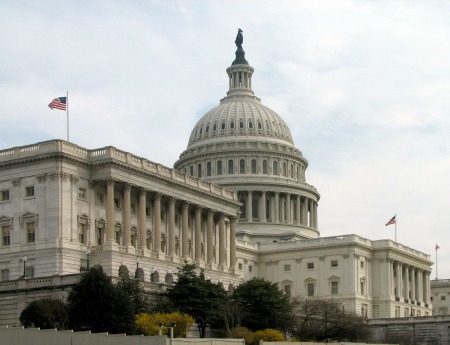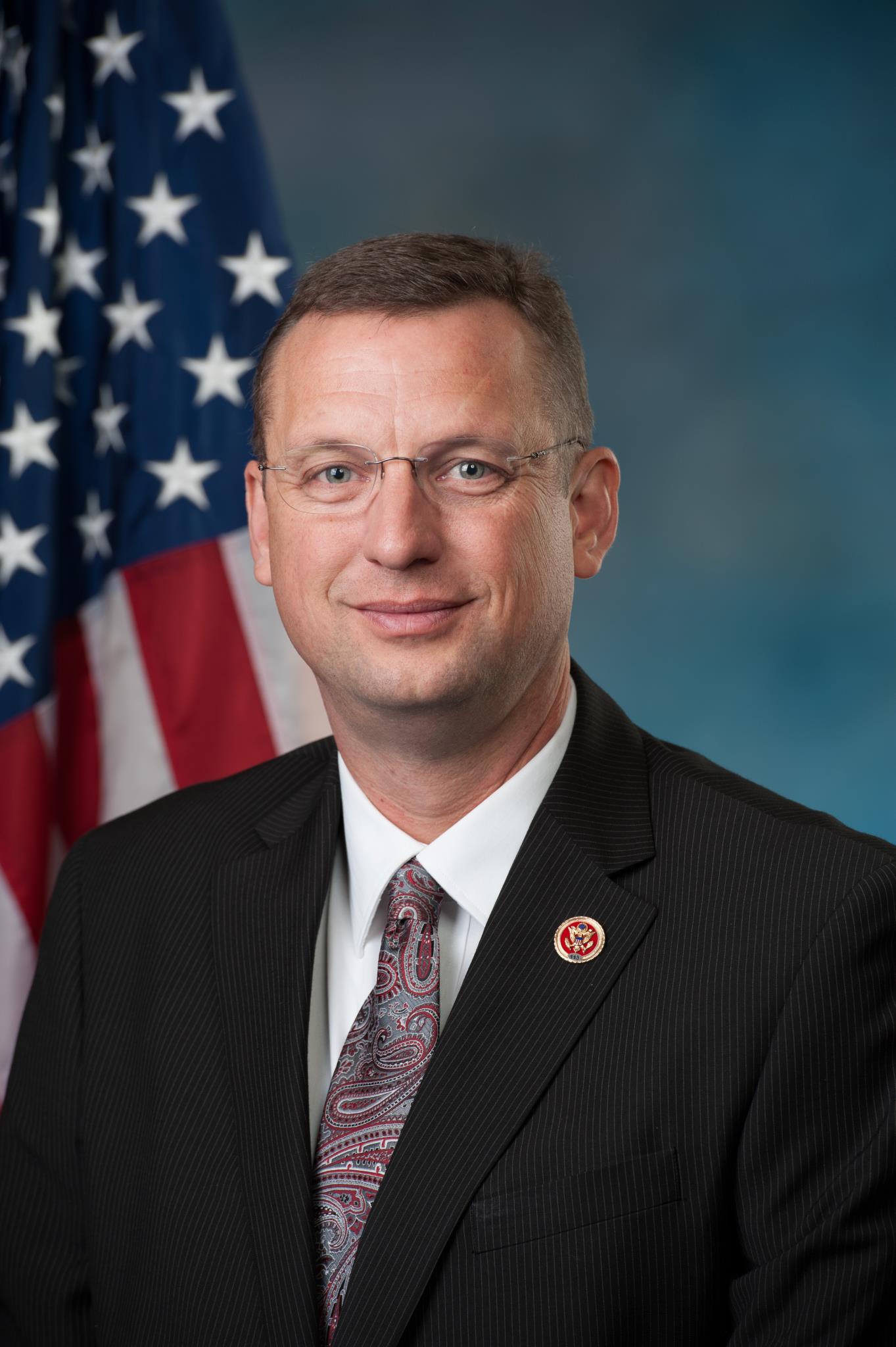House Looks at Impact of Edge on Journalism and Competition

The smarter way to stay on top of broadcasting and cable industry. Sign up below
You are now subscribed
Your newsletter sign-up was successful
The House Judiciary Antitrust Subcommittee Tuesday began its look at antitrust issues related to the practice of journalism in the age of online platforms with enormous market power.
That came in a hearing appropriately titled "Online Platforms and Market Power, Part 1: The Free and Diverse Press." The subcommittee last week announced an investigation of monopoly power in the online space, including a series of hearings.

The News Media Alliance, whose president, David Chavern, was testifying, has called on Congress to give news outlets an antitrust exemption so they can flex some collective muscle and negotiate for compensation for all that news content being aggregated and distributed by Facebook, Google and other platforms.
Also testifying were Gene Kimmelman of Public Knowledge, Sally Hubbard of Open Markets Institute, Matthew Schruers of the Computer and Communications Industry Association (CCIA), David Pitofsky, general counsel at News Corp, and Kevin Riley of the Atlanta Journal-Constitution.
Bipartisan legislation that would create that antitrust exemption, the Journalism Competition and Preservation Act, the has been introduced in the Judiciary Committee by Antitrust Committee chairman David Cicilline (D-R.I.) and full committee ranking member Doug Collins (R-Ga.).
The bill creates a "four-year safe harbor, which allows publications to negotiate without risking a fine for violating antitrust laws. During this period, newspapers can negotiate arrangements that give them more control over the content they produce and the revenue it delivers."
Cicilline said that they will be looking at the predatory Edge acquisitions that have undermined entrepreneurship, as well as manipulation of data, and a lack of competition that has hurt product quality.
The smarter way to stay on top of broadcasting and cable industry. Sign up below
He said Google has bought online ad rivals with virtual immunity, as has Facebook, with anticompetitive conduct unchecked. He said the free fall of journalism is because online platforms are capturing their value without passing it along. As to his bill, he called it a life-support measure for journalism, not a long-term solution to the broader issues.
Rep. Jerrold Nadler (D-N.Y.), chairman of the full committee, said that as the edge becomes more concentrated, congressional action may be required to address that threat to news. He called the journalism crisis a Democracy crisis. He said while three are many causes to the decline, the power of a small number of Edge gatekeepers over news and advertising. He said Congress needs to address Edge concentration "urgently."

Collins said it would be the first of many hearings on tech antitrust issues. He said regulatory solutions often miss the mark, so the committee needs to be careful. He also said big is not necessarily bad, adding that it was no surprise that successful companies get bigger. He warned against a "rush to [tech] judgment."
He put in a plug for the bill, saying it would help journalists negotiate with edge giants. He pointed out it did not threaten to break up Big Tech or create new regulatory structures, but would instead help journalists "stop the bleeding."
In his testimony, Kimmelman said that antitrust alone cannot handle the digital market competition issues with "platform power," including disinformation, and that Big Tech needs a sector-specific regulator with expertise in how digital platforms operate and authority to affirmatively promote competition."
He also said an antitrust exemption must be a last resort.
In arguing for the exemption, Chavern said that while journalists need online platforms and vice versa, "concentration among the platforms means a small cadre of tech giants exercise an extreme level of control over news," adding: "At the same time, those same platforms also control the digital advertising technologies that news organizations use to monetize traffic." He called that a dangerous combination" that is an existential threat to news organizations and their business model.
Chavern included a sobering set of stats. "In 2004, Google’s U.S. revenue (which came overwhelmingly from digital advertising) was $2.1 billion, while the newspaper industry accounted for $48 billion of advertising revenue. In 2017, in contrast, Google’s U.S. revenue had increased over twenty-five times to $52.4 billion, while the newspaper industry’s ad revenue had fallen 65% to $16.4 billion."
Schruers agreed with the need to protect and defend strong journalism, but CCIA opposes an antnitrust exemption, which he says has not worked in the past. "News publishers received an exemption to deal with previous competitors like radio and TV news have not worked," he said in his testimony. "The results were fewer choices for readers and less competition among news outlets."
Schruers did say it was worth considering giving news organizations tax breaks.
Congress is leaning on Big Tech, and while CCIA's members are that constituency, it was not there to be a naysayer, but did want to frame how that review of the tech sector should be viewed. "As the digital economy grows, led by U.S. companies, more scrutiny by regulators is to be expected," says the organization. "CCIA welcomes the evidence-driven discussion about the economic transformation that is happening and the firms that are driving it."
News Corp's Pitofsky, whose late father, Robert, was chairman of the Federal Trade Commission, one of the agencies charged with enforcing antitrust, wasn't beating around the bush. "I am here today because the marketplace for news is broken," he said. He said they were under siege from Big Tech, where anticompetitive conduct and "mysterious" algorithms in the ad market has "eliminated any meaningful competition." He said those platforms are "creating walled gardens that tighten their stranglehold over advertising dollars and consumer data and, because they have Sec. 230 immunity from liability for the content on those platforms, they have "little if any commitment to accuracy or reliability." He called that a recipe for disaster.
He said the Journalism Competition and Preservation Act, which would provide that antitrust exemption, is narrowly tailored, balanced and will encourage negotiations for rights to content that will improve the quality of journalism. And, oh yes, it will give news outlets more power up against the edge. "The only way out of the prisoner’s dilemma is to act collectively," he said.
Contributing editor John Eggerton has been an editor and/or writer on media regulation, legislation and policy for over four decades, including covering the FCC, FTC, Congress, the major media trade associations, and the federal courts. In addition to Multichannel News and Broadcasting + Cable, his work has appeared in Radio World, TV Technology, TV Fax, This Week in Consumer Electronics, Variety and the Encyclopedia Britannica.

